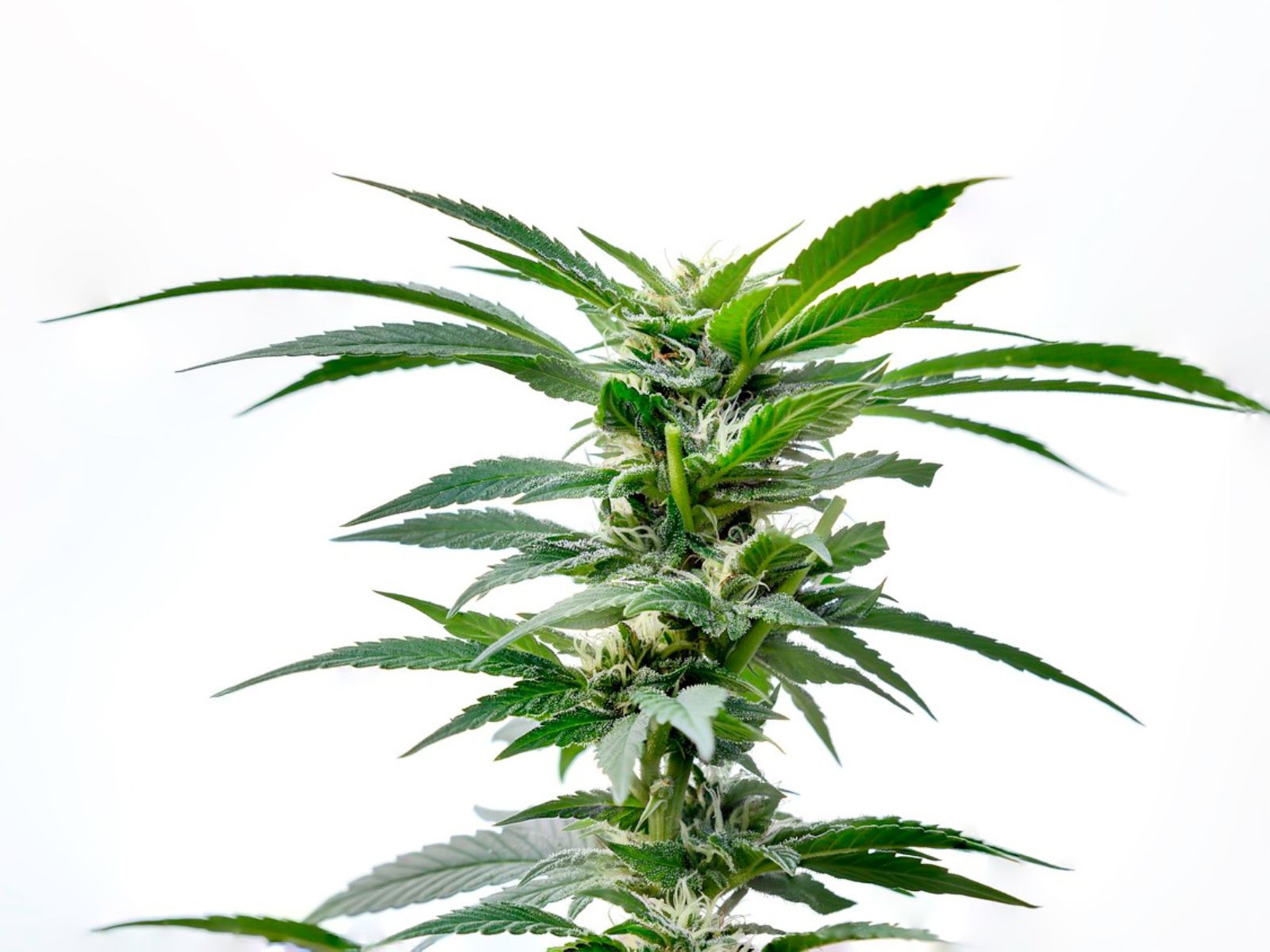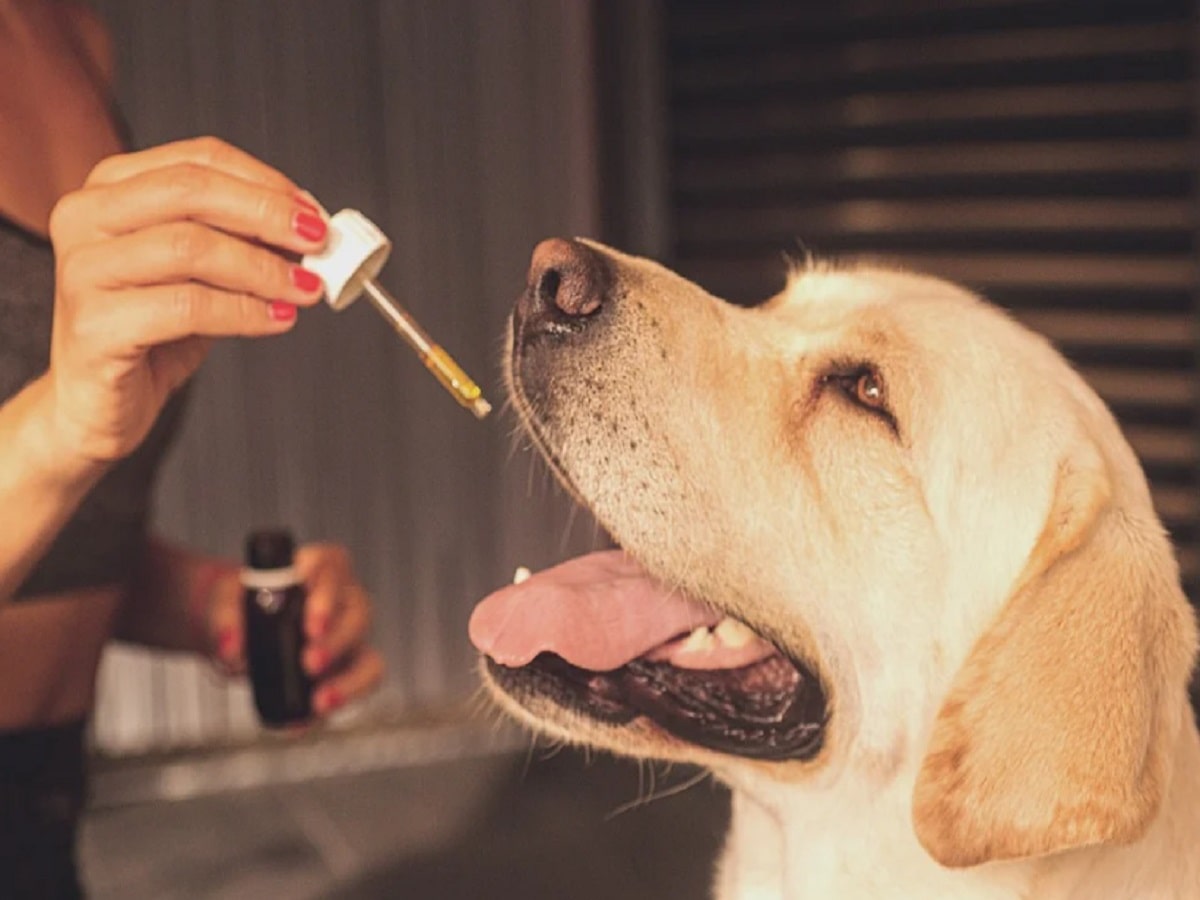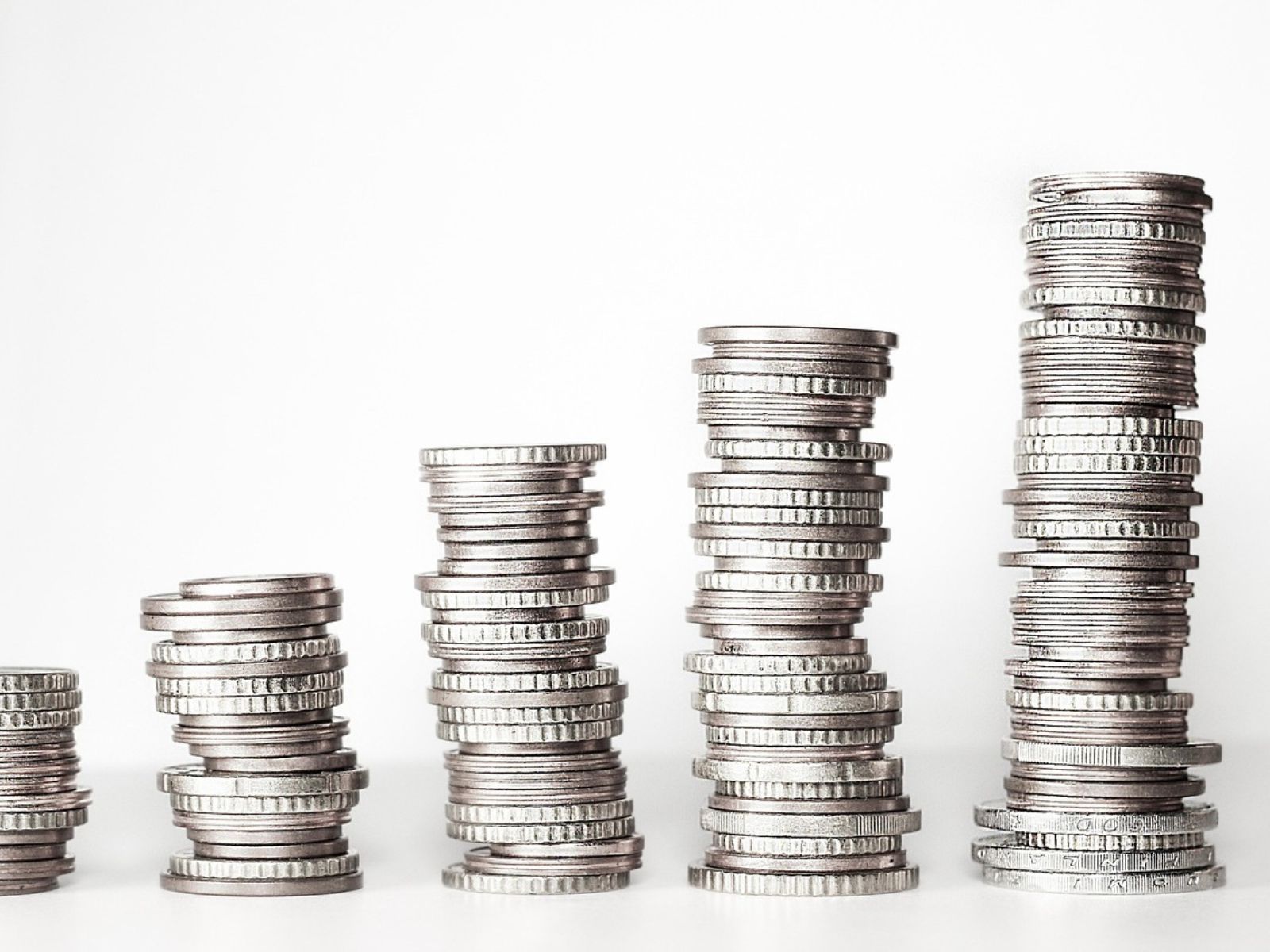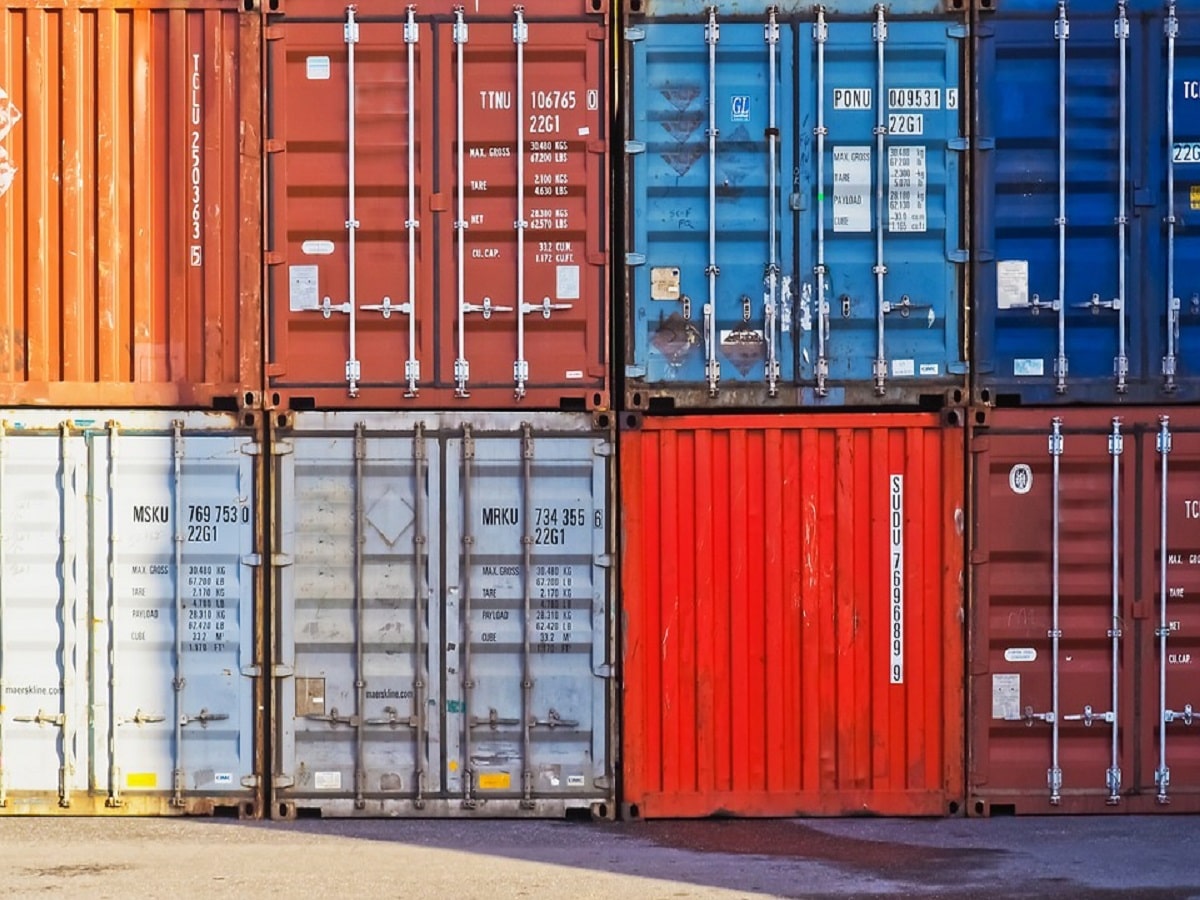
Brazil Invests R$390,000 To Study Cannabis Reform’s Impact

Brazil Invests R$390,000 To Study Cannabis Reform’s Impact
While approaches to cannabis public policy vary around the world, one thing is consistent about cannabis prohibition – it is expensive and wastes limited public resources. This is a true fact wherever cannabis prohibition exists, particularly in jurisdictions that take a hardline stance towards cannabis activity.
It doesn’t take an attorney or governmental budget expert to understand how wasteful cannabis prohibition is. Law enforcement has to focus on enforcing cannabis prohibition laws, followed by courts adjudicating the prosecution of criminal charges, followed by correctional facilities housing those convicted of criminal offenses. In some jurisdictions, there are additional requirements when the offender is released from incarceration, such as ongoing monitoring and meetings with parole officers.
All of that can add up quickly, especially if the cost of prohibition enforcement involves many individuals being prosecuted every year, and that is all in addition to the harmful impact that being prosecuted for possessing a plant can have on a person’s life.
Governments would be wise to take a more sensible approach toward cannabis public policy. Brazil is a country that has worked to modernize its cannabis policies in recent years in various ways, and the nation’s government recently announced that it is funding a study to examine cannabis reform’s impact.
“The Ministry of Justice and Public Security will allocate R$390,000, through the National Anti-Drug Fund (FUNAD), for a research that will analyze the practical effects of the Supreme Federal Court (STF) decision on marijuana possession. The initiative aims to differentiate users from traffickers.” reported Sechat in its local coverage (translated from Portuguese to English).
“The project will examine sentences, arrests on the spot, and procedural negotiations to verify if there has been a real change in legal treatment dynamics or if subjective criteria continue to perpetuate inequality and punitive concentration on the same populations.” the outlet also reported.
Ideally, Brazil and governments around the world would completely legalize cannabis for medical and adult use, and for recreational cannabis specifically, regulate it like alcohol. Just as alcohol can be sensibly regulated, the same is true for cannabis, as a growing list of jurisdictions has now proven.
Share article
Ticket Prices increase €200
On March 18th

Ticket Prices increase €200
On March 18th

Ticket Prices increase €200
On March 18th
Share article
Join Our Awesome Community
Join Our Awesome Community
Join Our Awesome
Community
Get all the latest industry news
delivered to your inbox







